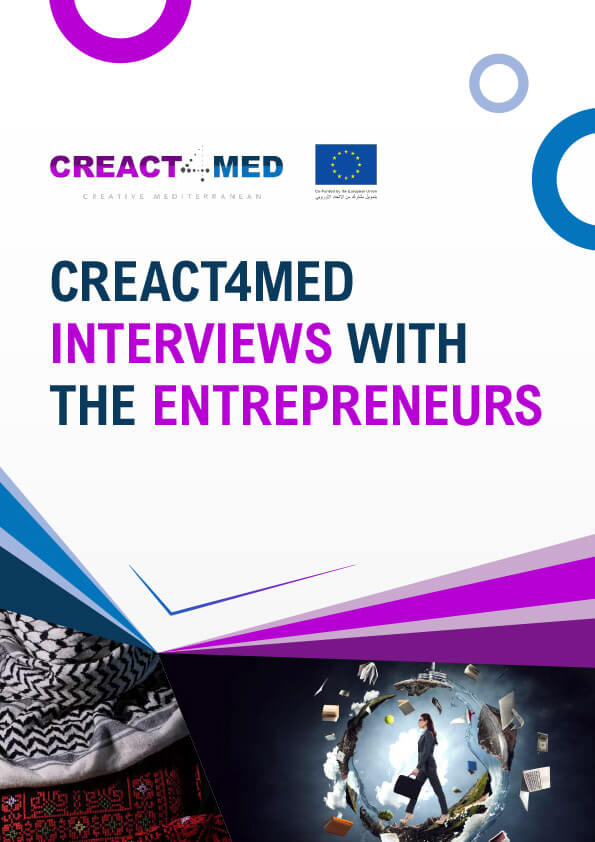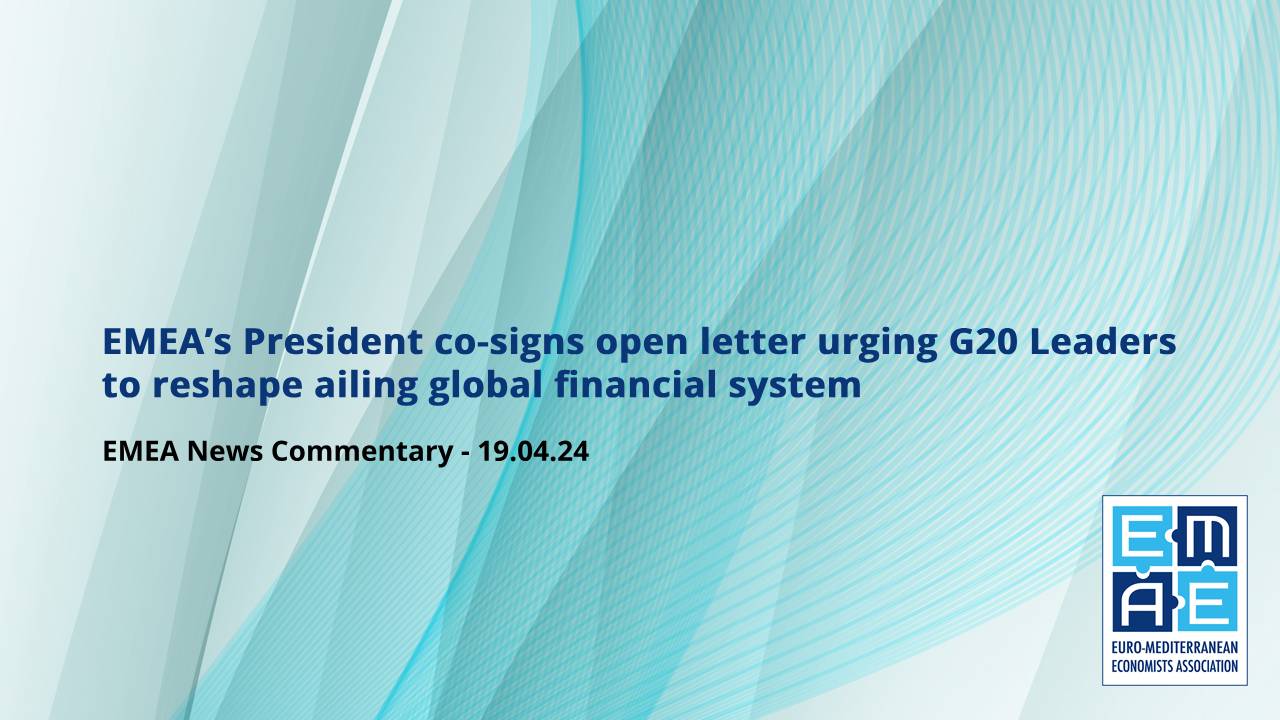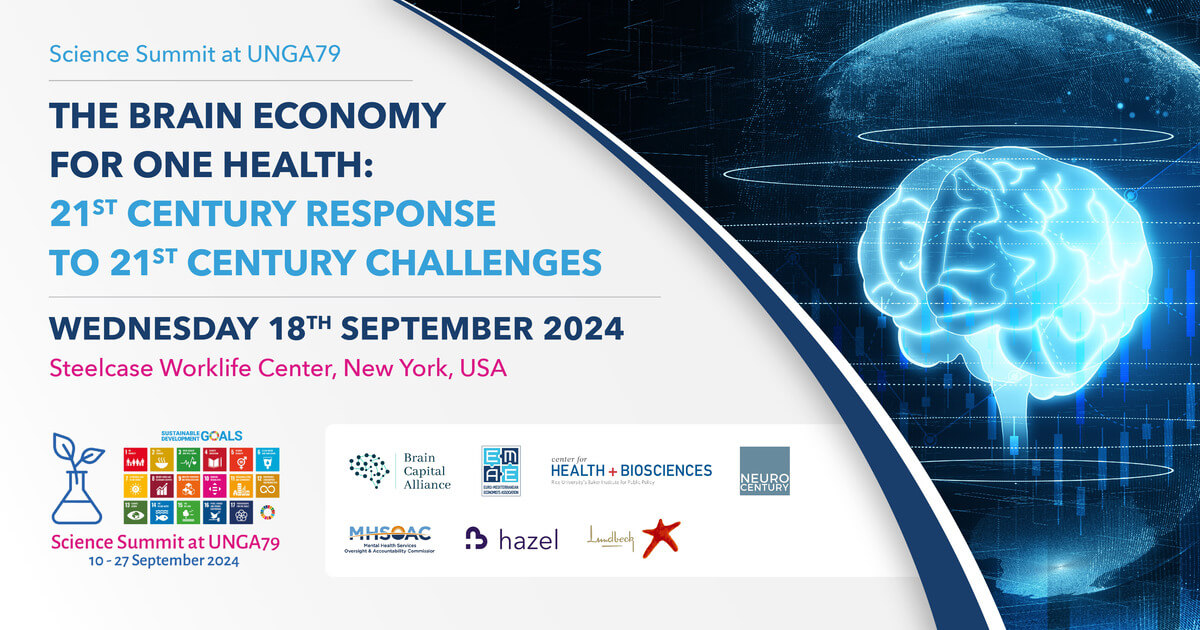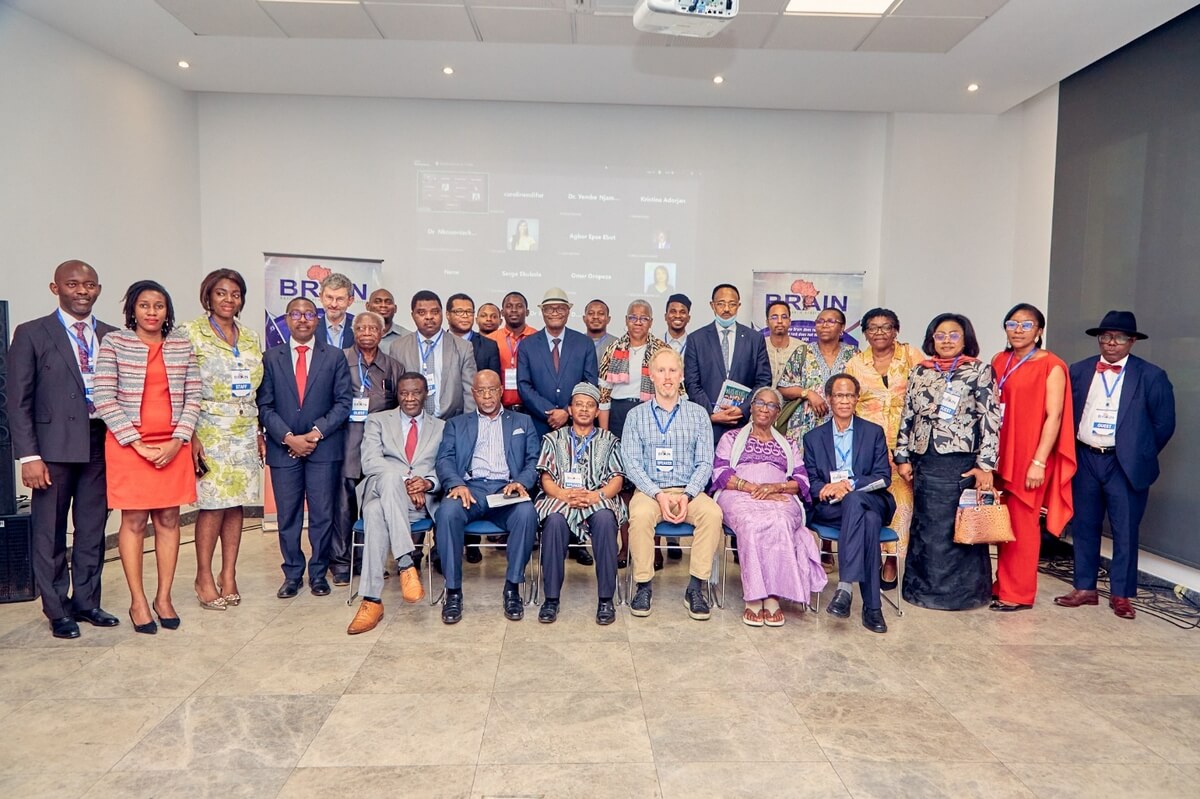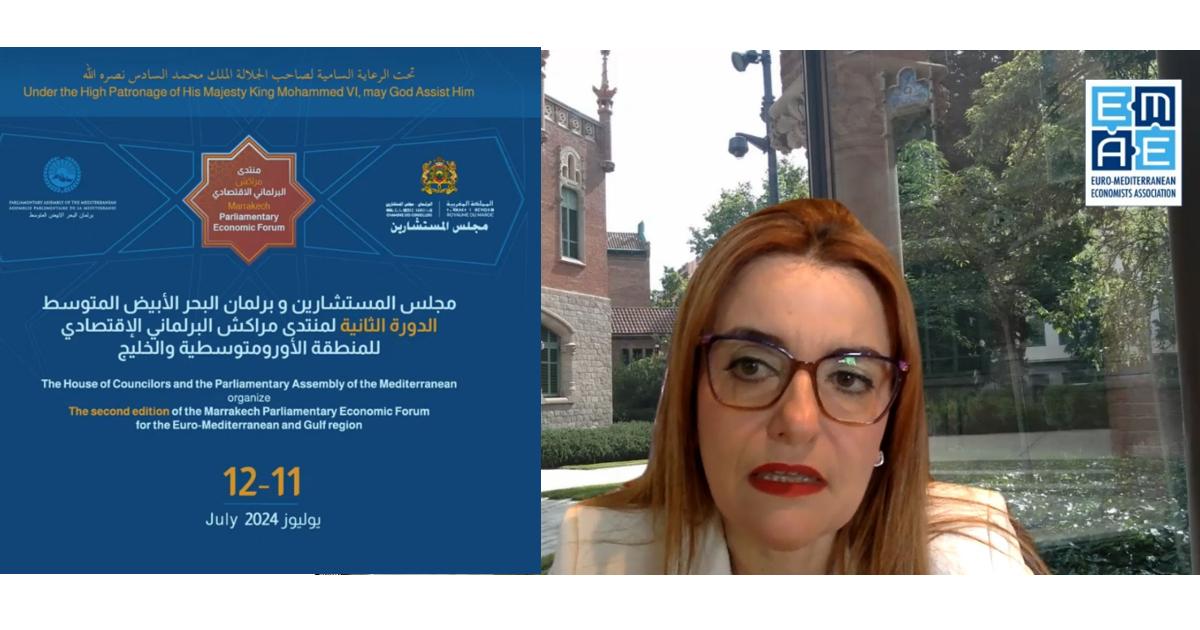Prof Rym Ayadi, the President and Founder of EMEA, is amongst an influential list of signatories on an open letter to the G20, calling on leaders to overhaul the world financial system, capable of bringing peace and prosperity for the people and the planet.
The letter, signed by more than 100 world political figures, academics, activists and artists, has been published in the Washington Post, The Economist and Valor Economico.
The wording said the time had arrived for “another Bretton Woods moment”, the ground-breaking Agreement reached in 1944, which saw the creation of the World Bank and the International Monetary Fund, shaping the financial system for future decades.
The Agreement’s founding ideals were that “prosperity was a means to peace; wealth would serve the common good,” the letter stated. But that “sense of optimism” had disappeared, with the world’s financial institutions having “lost their muscle.”
Today, “the world is rocked by conflict, food insecurity, biodiversity loss and spiralling inflation,” the letter outlined, factors which had been “compounded by the devastation wrought by climate change.”
The document warned that the Sustainable Development Goals were under threat. Too many people were feeling “scarcity, austerity, despair.”
Major role envisaged for the International Development Association
Despite this, G20 leaders now had the chance to “unlock the colossal public and private investment potential of renewable energy, sustainable agriculture and climate adaptation.” The International Development Association was the investment vehicle that held the key to this. It was “a better, bigger fund for people and planet,” the letter advised.
The signatories urged the G20 to:
- Fix the broken repayment systems that weighed on economic development,
- Reform tax regimes which gave polluters impunity,
- Make those best resourced to pay their fair share.
The removal of “burdensome debt” would allow countries to invest in the future of their citizens – specifically “resilience, education, health and nutrition.” This would stimulate growth and strong trading partners, with everybody standing to gain from “stability, lower food and energy costs, and nature protection,” the wording emphasised.
Although “the architects of the World Bank and the IMF” had earned their place in history, the G20 now had the opportunity to “transform these instruments for peace and prosperity and truly set them to work in our common interest.”
The letter concluded with the following rallying cry: “Triple the investment. End crippling debt. Make polluters pay. It’s time to taste hope again.”
The full text of the letter can be found at https://www.globalgoals.org/dearg20/

